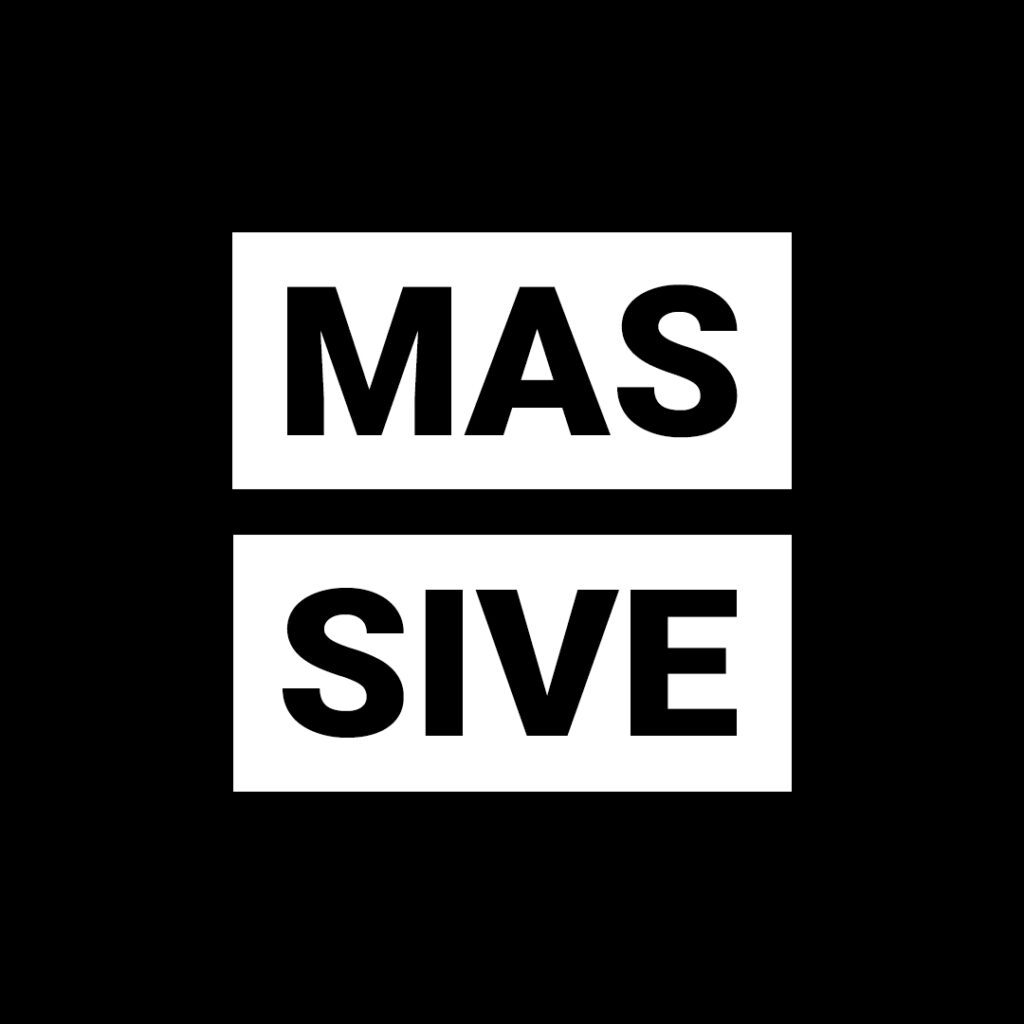You don’t have to be an engineer to know that your job is affected by your performance – or to know that not doing your job can get you fired. In a pandemic like this, you can’t afford for that to happen. This is why it’s so important for you to to use better time management practices, especially in this remote work world the pandemic has formed.
Why better time management is better for a good work-life balance
According to Work-Life Balance by The Balance Small Business, “work-life balance is the idea that a fulfilling life outside of work helps improve work performance while reducing stress. The time a person spends working should be balanced by time spent with friends and family, keeping fit, traveling, and doing other fulfilling hobbies.”
Performance aside, a good work-life balance has additional benefits for your mental health. When you separate your time for work and for play, you reduce your stress. It means you don’t spend 24 hours a day, 7 days a week consumed with work, unable to rest, have fun, or think about anything else.
That’s no way to live your life – you’re more than just what you do for work.
Time blocking and efficiency tools aren’t just for kids
If you think time blocking is silly or beneath you, you need to reevaluate some things.
There’s a reason children and young adults in school are given schedules and class timetables. Sometimes even breaks and bathroom times are penciled in.
This is because using time blocking to encourage better time management maximizes your brain’s function, and allows you to be fully present. Your mind isn’t scrambling trying to figure out what to do now, and what to do later.
Focusing on one thing at a time, for a set amount of time, becomes easier when you have taken the extra step to schedule it in.
If you wake up at 7AM, but have no structure for your day, you could find yourself late for work. And that’s even when your computer is right by your bed and all you have to do is clock in. You could get distracted with your morning shower, with the kids, with your partner, or you could spend the whole morning staring pointless Tik Tok videos. It’s very easy to waste time when your brain is scrambling for something to focus on.
Lists aren’t just for kids. They can help you too. It works whether you’re old school and prefer pen and paper, or you prefer to do things digitally and via an app. Taking a few minutes everyday to make a list of things you need to get done, makes you far more efficient.
This is because when we write these things down on paper, we decrease the clutter in our mind. You also spend less time trying to figure out what we should be doing. That brain power that would otherwise be wasted, will now get put to good use.
Better time management means sticking to regular office hours
A big part of creating a good work-life balance is establishing and sticking to set work hours. If you were commuting to the office, then work would start at 9AM and end promptly at 5PM.
You can’t deny that back when the world was “normal,” and you had to commute, you started logging out of your systems and packing your bag from 4:45PM. At 5PM your manager was probably laughing as you made your way out the door.
Now that we’re working remotely, things shouldn’t be different. Just because your environment is familiar, and your office commute is just a few steps, doesn’t mean you should be overworking.
Firstly, you need to take care of your mental health. And working more hours than you’re compensated for, or taking on tasks because you feel obligated to since you’re home, is the surest way to burn yourself out.
Additionally, just sitting at your workstation will put your brain into work mode. That’s because when you work in a particular space, you associate that space with doing work. By just being there, even if you’re not doing any tasks, your brain is in work mode.
This is where time blocking, and my next point, come in. Stick to your work hours. If you don’t have them, set them. And when work is over, get up from that desk.
Set up a workstation
You’ve probably heard this advice before. Setting up a space to work, doesn’t have to mean a 45 inch ultrawide monitor and backlit mechanical keyboards. It can be as simple as choosing a corner of your room or house that you work in.
Setting up a workspace doesn’t have to, and shouldn’t, be intimidating. And it’s for your benefit. No matter how simple, making the effort to set up a space for work will help your efficiency. When your mind can associate different spaces with work and play, being in each space will pull different responses from your brain.
This means you no longer have to be sitting cross-legged in bed, wondering why you can’t seem to focus on the paper that you need to write, or the report that you need to turn in.
But I’ll tell you why you can’t focus. It’s because you sleep in that space, and your mind doesn’t associate that space with work.
Time to get up!





